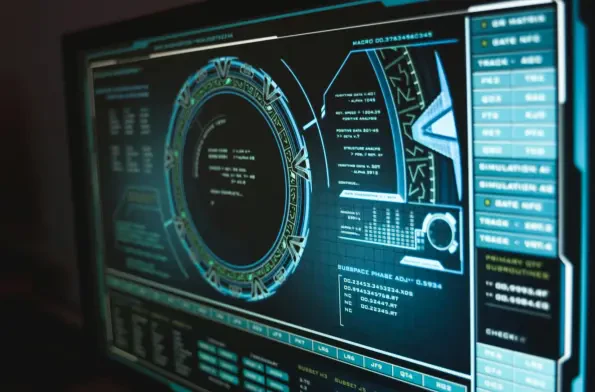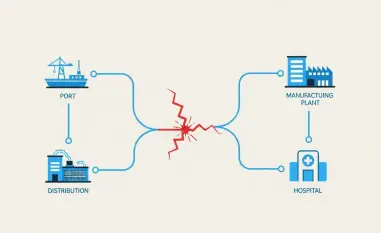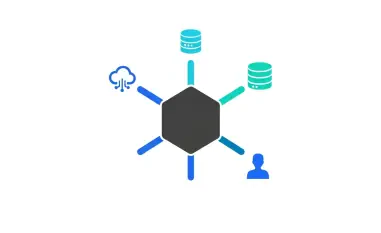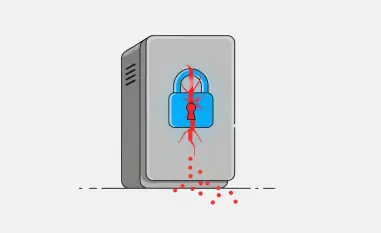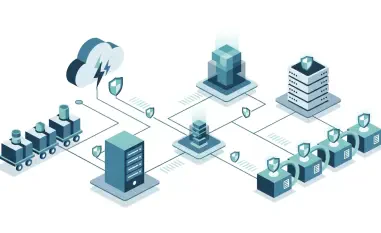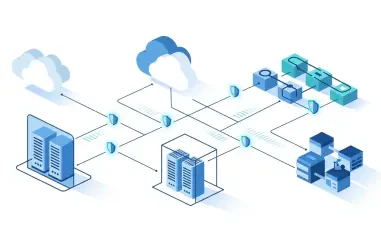In today’s rapidly evolving digital landscape, few experts are as equipped to tackle the complexities of cybersecurity as Malik Haidar. With a distinguished career in combating cyber threats for multinational corporations, Malik brings a unique blend of analytics, intelligence, and security expertise. His ability to integrate business perspectives into robust cybersecurity strategies makes him a vital voice in discussions about national defense. In this interview, we dive into the pressing challenges facing the UK’s cyber defenses, exploring the geopolitical factors driving attacks, the structural gaps in current systems, the escalating threat from state-enabled actors like those from Russia, and the critical role the private sector can play in turning the tide. Join us as we unpack these urgent issues and envision a more secure future.
Can you shed light on why the UK has become such a prominent target for cyberattacks in recent times?
Absolutely. The UK’s position as a cyber target has intensified largely due to its strong and vocal stance on international issues, particularly its support for Ukraine. This has put it squarely in the crosshairs of hostile actors, especially state-enabled groups from nations like Russia, who see the UK as a key adversary. Beyond that, the UK’s role as a global financial and political hub makes it an attractive target. Its infrastructure, businesses, and data are high-value assets for anyone looking to disrupt or exploit. Geopolitical tensions, combined with the UK’s interconnected digital economy, create a perfect storm for malicious actors to test their capabilities against us.
How does the UK’s outspoken position on Ukraine specifically contribute to this heightened risk?
The UK’s firm support for Ukraine, both through sanctions and military aid, has positioned it as a direct opponent to Russia’s interests. This isn’t just rhetoric; it’s a signal to state-sponsored cyber groups that the UK is fair game. These groups, often operating with implicit or explicit backing from their governments, have ramped up their efforts to target critical sectors here. They aim to destabilize or send a message through attacks on infrastructure or major businesses. It’s a form of retaliation that plays out in the digital realm, where the impact can be just as devastating as physical conflict.
What do you see as the most significant obstacle in the UK’s efforts to defend against cyber threats?
The core issue isn’t a lack of talent or technology—the UK has plenty of both. The real challenge lies in the fragmented nature of our response. We don’t have a cohesive, unified structure to tackle cyber threats that ignore borders and jurisdictions. This disorganization means we’re often playing catch-up, reacting to attacks rather than anticipating them. It’s a systemic flaw that hampers our ability to deploy our resources effectively, leaving gaps that attackers exploit with ease.
How do recent cyberattacks on well-known British companies expose these defensive weaknesses?
Take the breaches at major retailers and organizations we’ve seen recently. These incidents aren’t just isolated events; they reveal how unprepared we are to handle coordinated, large-scale attacks. When a company gets hit, the ripple effects can disrupt supply chains, erode public trust, and even impact national security. These cases highlight the absence of a streamlined response mechanism—there’s often confusion over who takes the lead, whether it’s government agencies or the private sector, and that delay allows the damage to spread. It’s a stark reminder that our current setup isn’t built for the speed and scale of modern cyber warfare.
Could you walk us through the structure of the UK’s cyber defense system as it stands today?
Certainly. The UK’s cyber defense is spread across several key players. Agencies like GCHQ and the Secret Intelligence Service focus on international threats, gathering intelligence and countering state-level actors. Meanwhile, the Home Office and the National Crime Agency, through units like the National Cyber Crime Unit, handle domestic issues such as organized cybercrime. Each has a specific mandate, which sounds good on paper, but in practice, it creates silos. These agencies often operate independently, with limited overlap or real-time coordination, which is a problem when threats don’t respect the boundaries between domestic and international, or between crime and espionage.
Why do you think this siloed approach is so problematic for addressing today’s cyber threats?
The siloed structure means we’re not responding as a single, agile entity. Cyber threats move fast and cut across borders, but our defenses are bogged down by bureaucracy and divided responsibilities. For instance, if an attack starts overseas but targets a UK business, there can be delays in figuring out which agency takes point or how to share critical intel. This fragmentation slows us down, giving attackers a window to do more harm. Compare that to a model like Europol’s European Cybercrime Centre, which integrates efforts across sectors and countries. Their coordinated approach allows for quicker, more effective action, something we’re sorely missing.
What makes the cyber operations from Russia particularly alarming for the UK right now?
Russia’s cyber operations are a major concern because they’re executed with a level of impunity and sophistication that’s hard to match. State-enabled cyber gangs operate with confidence, knowing they likely won’t face direct repercussions. Their attacks are often federated, meaning they can hit multiple targets at scale, from government systems to private businesses. The current geopolitical climate, with tensions over Ukraine, has emboldened these actors to target critical infrastructure like the NHS or energy grids. These aren’t just hacks for profit; they’re strategic moves designed to destabilize and intimidate, making them a top-tier threat.
How can the private sector step in to strengthen the UK’s cyber defenses where the government falls short?
The private sector has a wealth of resources that the government desperately needs—real-time threat intelligence, cutting-edge technology, and specialized expertise. Companies often face cyber threats daily and have developed robust systems to detect and mitigate them. By partnering with the government, they can help shift our posture from reactive to proactive, using their insights to predict and prevent attacks. Imagine a framework where businesses share data on emerging threats with public agencies in real time. That kind of collaboration could close many of the gaps we see today and build a more resilient defense.
What would a UK equivalent of Europol’s European Cybercrime Centre look like, and why is it needed?
A UK version of the European Cybercrime Centre would be a centralized hub that brings together government agencies, law enforcement, and private sector players under one roof. It would focus on sharing intelligence, coordinating responses, and developing strategies to combat cybercrime at a national and international level. The need for this is clear: our current disjointed approach can’t keep pace with the borderless nature of cyber threats. Such a center would foster trust and collaboration, ensuring that when an attack happens, everyone knows their role and can act swiftly. It’s about creating a unified front against an enemy that thrives on our division.
What is your forecast for the future of cyber defense in the UK if these collaborative efforts don’t materialize?
If we don’t build stronger, more integrated defenses, I’m afraid the UK will remain a prime target for increasingly sophisticated attacks. Without collaboration between the public and private sectors, we’ll see more breaches, more disruption to critical services, and a growing erosion of public trust in our ability to protect national interests. The threat landscape, supercharged by technologies like AI, will only get more complex, and hostile actors will continue to exploit our weaknesses. My hope is that we act before a truly catastrophic event forces our hand, but the clock is ticking, and the stakes couldn’t be higher.
